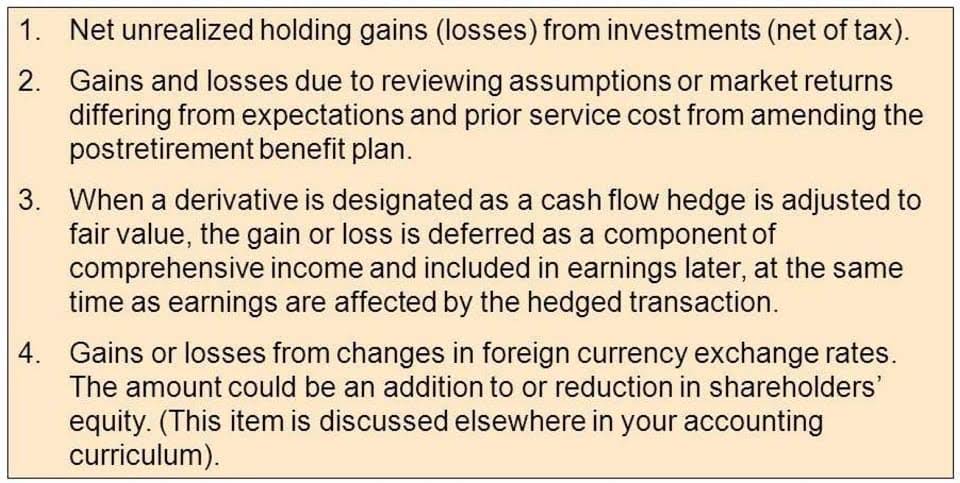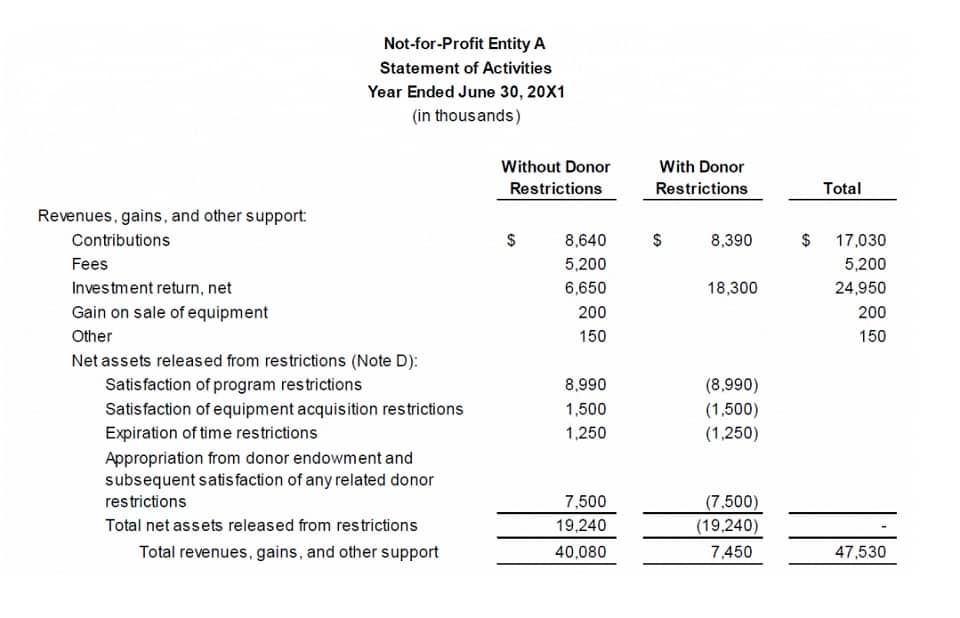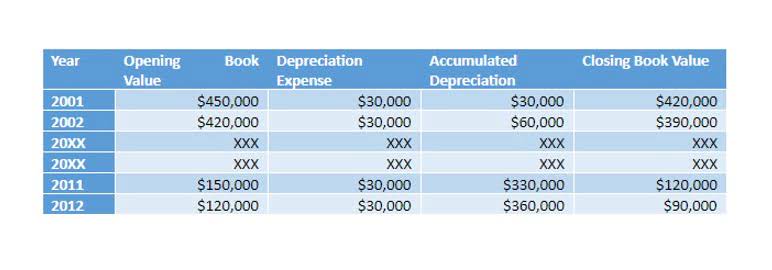
Limited companies have different requirements and responsibilities when keeping their records. No matter whether you’re a sole trader, run a limited company, partnership or unincorporated association, you must keep records of all receipts and expenditures for tax purposes. One of the ways it achieves this is by being compatible with certain accounting software, like the Countingup app. Instead of needing to submit complicated small business record keeping Self-Assessments, you’ll be able to submit your taxes accurately from inside your digital accounting app.

How Long to Keep Business Records + Best Practices
The goal of tracking your business loan is to ensure you do not miss payments and manage risks. And, you can increase your chances of receiving loans bookkeeping in the future through responsible loan repayment plans. Not missing payments and paying off the entire loan as outlined in the loan agreement helps increase your business credit score.
Four Types of Records You Should be Keeping in Your Business

These records serve as evidence of an organization’s adherence to laws governing employee benefits, such as the Employee Retirement Income Security Act (ERISA) and the Affordable Care Act (ACA). Accurate documentation of employment history is vital for organizations to maintain a thorough repository of employee information. This repository serves as a valuable resource for tracking employee development, career progression, and job hopping patterns. By maintaining accurate and up-to-date employment history records, organizations can identify trends, opportunities, and challenges that impact their workforce.
- This involves verifying the accuracy of employee data, validating that benefits are properly administered, and identifying potential discrepancies or errors.
- Lattice ensures employee information is stored with respect to privacy and security while remaining available to those who need access.
- This audit trail serves as a vital component of data integrity, maintaining that financial data remains accurate, complete, and reliable throughout its lifecycle.
- In addition to your income and payroll records, your business will invariably accrue plenty of miscellaneous business documents.
- Electronic form templates, applications, and softwares are readily available to support recordkeeping activities.
- Best of all, you’ll be able to access a copy of your records from your app, as long as you have internet access.
Electronic Recordkeeping and Digital Storage
You need this information to separate business from nonbusiness receipts and taxable from nontaxable income. Proper employee record management protects employers by ensuring compliance and providing evidence in the case of future claims. If your business is registered for VAT, you must keep records of the VAT documents. Many of those documents will be the same as the ones you keep for general tax and Insurance Accounting accounting purposes. All these records are essential, so you can complete a precise and accurate tax return.

Keeping accurate and organized business records is key to managing your finances, complying with IRS requirements, and protecting your company. Your insurance company or creditors might require you to hold onto certain business records for a longer period of time, especially if these records are related to a business contract or insurance policy. You might want to check to ensure you’ve fulfilled any additional obligations before you make the purge. Even if they serve no specific tax purpose, you should keep your bank statements for three to seven years. This allows you to maintain historical records of your company’s finances, which can help make future projections or validate your income.
- Except in a few cases, the law does not require special kinds of records.
- The accounts may include your checking, savings, investment, and credit card records.
- Countingup is the business current account with built-in accounting software that allows you to manage all your financial data in one place.
- Kept digitally, it’s more secure than keeping many small paper receipts.
- Except in a few cases, the law does not require any special kind of records.
How long do I need to keep legal documents?

Understanding industry-specific regulations sets the stage for recognizing the varying document types required for retention across different states. Businesses must be diligent in maintaining specific records to comply with state laws. Record retention requirements for businesses are determined by federal, state, and industry-specific regulations. Federal guidelines often require retaining certain financial and tax records for several years, while state laws can vary significantly. Specific industries, like healthcare and finance, have distinct mandates on retention durations.
Employment Eligibility: 3 Years After the Date of Hire or 1 Year After Employment Ends

In addition, financial institutions must safeguard the integrity and accuracy of retained statements, protecting them from unauthorized access, alteration, or destruction. By maintaining accurate and accessible financial statements, institutions can demonstrate compliance with regulatory requirements, enhance transparency, and support informed decision-making. Additionally, retained financial statements provide valuable insights for data analytics, enabling institutions to refine their financial strategies and optimize performance. Implementing robust document storage security measures, prioritizing financial statement retention, and maintaining accurate employee and customer records are crucial for compliance. By grasping these fundamental requirements, organizations can guarantee transparency, accountability, and security, and uncover additional insights to inform their recordkeeping strategies.


Leave a Reply